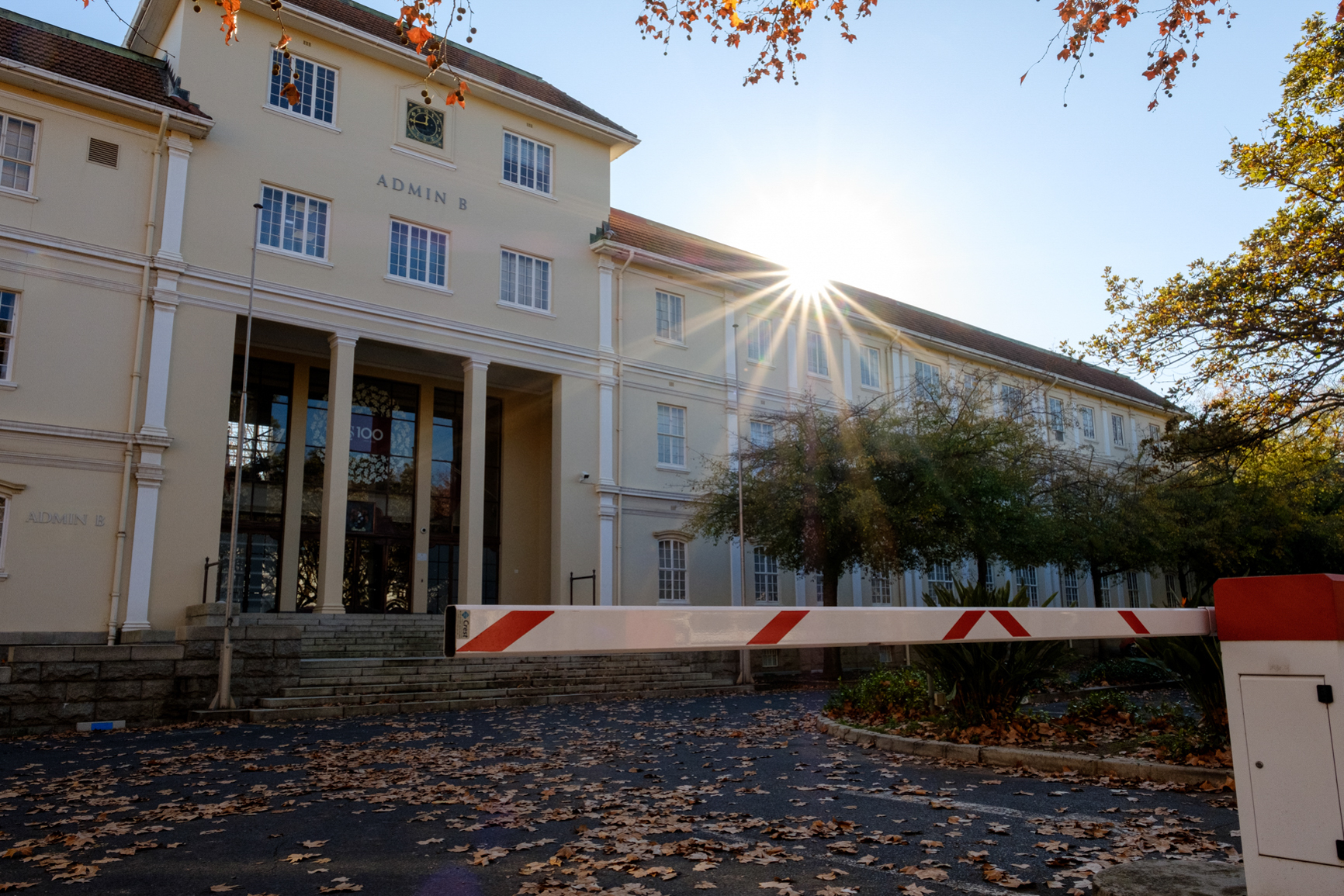- The South African National Energy Development Institute (SANEDI), has issued first-ever Energy Performance Certificate (EPC) for a building in South Africa, a landmark achievement that will encourage energy efficiency across the board.
- On 18 February 2021, the Admin B building at Stellenbosch University, which houses the vice chancellor and executive team, received the first-ever EPC for a building in South Africa, in recognition of its commitment to energy efficiency.
Bluedust Engineering Solutions, Stellenbosch University’s energy management consultants, were instrumental in achieving their EPC. The EPC was issued by Energy Management and Verification Services (EMVS) who is the first inspection body accredited by the South African National Accreditation System (SANAS), to assess and issue an EPC rating for eligible South African buildings.
Related news: Building Energy Performance Reporting Now Mandatory in South Africa
EPCs rate buildings’ energy performance from A to G, with A being the most energy efficient and G the worst, with D being the mid-point, when benchmarking against the average figures quoted in the national South African Building Standard SANS 10400-XA.

dmin B 1 Building at Stellenbosch University. Image credit: Stefan Els
For the purposes of the EPC, a building’s energy performance is measured in terms of kilowatt hours per square metre per annum (kWh/m2/pa) of net floor area in accordance with the National EPC Standard, (SANS 1544).
Barry Bredenkamp, SANEDI’s General Manager for Energy Efficiency & Corporate Communications, explains, “Buildings must try and achieve at least a D-rating which is on par with the national benchmark. Their EPC must be displayed at the building entrance, no matter what their rating, in order to be compliant with the regulations.”
Bredenkamp continues, “The regulations apply to non-residential buildings (specific occupancy classes) with a net floor area of at least 2,000m2 in the private sector, and 1,000m2 for buildings owned, operated or occupied by an organ of state.”
Property owners and government entities have until 7 December 2022 to ensure that their buildings adhere to the regulations. Penalties for non-compliance have not yet been stipulated, and currently stand at the discretion of the Mineral Resources and Energy Minister, Mr Gwede Mantashe. JP Spangenberg from EMVS says, “South Africans should not see this as a punitive expense, but as the responsible thing to do in our commitment to address climate change and sustainability matters. EPCs are, in essence, a tool that gives clients a snapshot view of their building energy performance, empowering them to make informed decisions relating to energy efficiency improvements and renewable energy integration.”
Bredenkamp says, “Stellenbosch University’s being awarded an A-rated EPC so soon after the regulations were gazetted, really is a phenomenal achievement and they should be applauded for this major step forward.”
Nadeem Gafieldien, Stellenbosch University’s Director of Property Services, passionately supports all efforts towards sustainability, “Stellenbosch University is committed to the UN SDG’s and a sustainable future. While this EPC demonstrates this commitment, we are also in the process of certifying many of our buildings, using the Green Building Council’s neighbourhood tool in our efforts towards a Net Zero Carbon future.”
Author: Bryan Groenendaal
















1 Comment
Congratulation well done